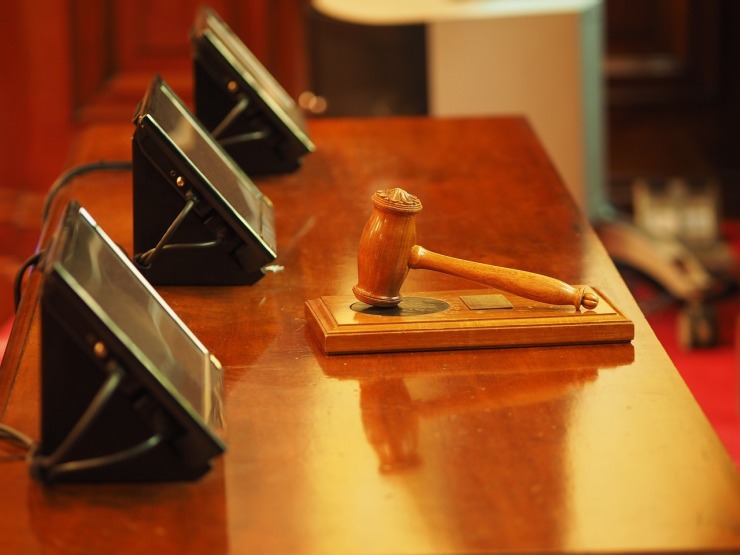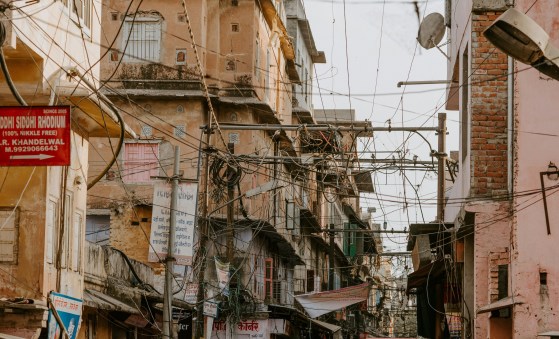
The Madhya Pradesh High Court this week quashed a child trafficking case against Ajai Lall, a prominent Christian leader and the founder of the Central India Christian Mission. The charges stemmed from allegations related to two children adopted from his orphanage 15 years ago. The court's ruling that came on 23 September 2024, concluded that the case was ill-intentioned and aimed at tarnishing Lall’s reputation.
In August 2024, Lall faced accusations under the Juvenile Justice Act and was charged with child trafficking for allegedly not providing details about two children who were adopted from his orphanage in Damoh. The case was initiated despite no complaints or objections from the children or their families. The High Court found these charges to be baseless, declaring that reopening the adoption case after such a long time, with no legal basis or new developments, was unjustified.
Justice Sanjay Dwivedi, who presided over the case, criticized the police's actions in reopening a case from 15 years ago. He stated that there was no violation of the law in the children's adoption, which had been lawfully processed under a family court's directive. The court emphasized that no complaints were lodged by the children or their adoptive families, making the investigation and subsequent legal actions unwarranted.
The High Court raised concerns over the involvement of the National Commission for Protection of Child Rights (NCPCR), a statutory body responsible for safeguarding children's rights. The commission had played a role in prompting the investigation, even though no complaints had been made by the children or their parents. The court questioned the NCPCR's jurisdiction in the matter and described its involvement as overreach.
The case is part of a broader context in which Christian-run orphanages and institutions have come under scrutiny in Madhya Pradesh and in other states. The state, governed by Bharatiya Janata Party (BJP), has seen an increase in investigations into Christian organisations, particularly under the pretext of preventing child trafficking and religious conversions. Laws regulating religious conversions have reportedly been misused to harass Christian leaders, and religious minority institutions, particularly Christian-run facilities, have faced increased raids and legal action.
The court's decision to quash the charges rested on several critical observations. The bench of Justice Sanjay Dwivedi noted that the case lacked any legal standing, as the children's adoption had been handled lawfully by a competent court. The investigation, triggered by inquiries from the police, violated the right to privacy and confidentiality of the adopted children. The court underscored that no objections or grievances had ever been raised by the children or their adoptive families in the 15 years since the adoption.
Further, the High Court dismissed the actions of the local police as arbitrary and legally unfounded. The police had registered an FIR against Lall based on an inquiry by the district Superintendent of Police (SP), who had questioned the circumstances of the adoptions. The court labelled this police inquiry as a violation of both legal procedure and the children's privacy rights.
In a related development, notices were issued to 45 police officers by the Additional Superintendent of Police (ASP) in relation to their roles in monitoring Lall who had reportedly gone missing from his residence two months ago, despite police presence. The ASP initiated the investigation into how Lall had managed to leave his residence despite the presence of police personnel. The probe involved a wide range of police officers, from constables to gazetted officers. Senior officials, including the District SP, were involved in the oversight of the house arrest, raising questions about their accountability in the situation.
The High Court, however, had granted a stay on Lall's arrest during this period, preventing the execution of any police actions against him. Despite the internal police inquiry, the court's ruling ultimately led to the dismissal of all charges against Lall, vindicating him in both the legal and procedural aspects of the case.




